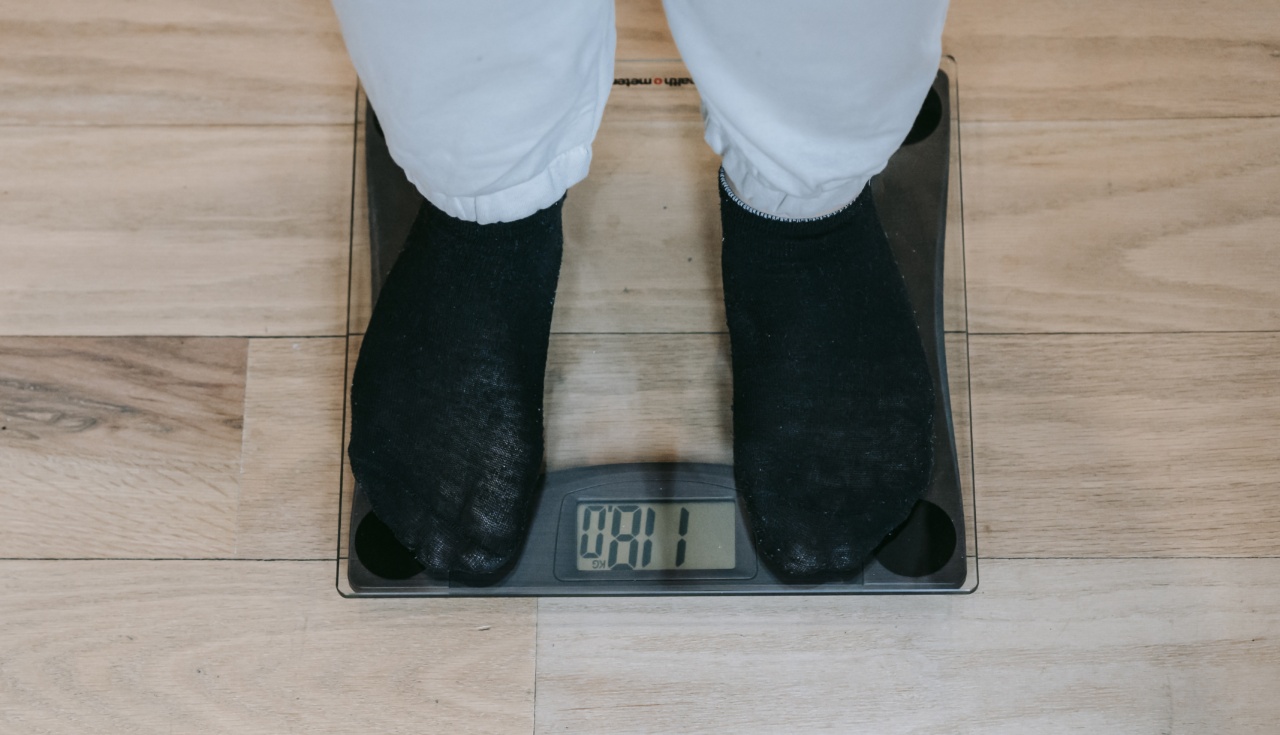When it comes to losing weight, optimizing your calorie intake is a crucial aspect of the journey. By adopting an evidence-based approach, you can ensure that the methods you employ are backed by scientific research and proven to be effective.
This article will explore various strategies for optimizing calories for weight loss, helping you on your path to a healthier and leaner you.
Understanding Calorie Balance
The first step in optimizing calories for weight loss is understanding the concept of calorie balance. Simply put, weight loss occurs when you consume fewer calories than your body needs to maintain its current weight.
This creates a caloric deficit, causing your body to rely on stored energy (body fat) to meet its energy demands.
Calculating Your Caloric Needs
A crucial factor in optimizing calories for weight loss is determining your individual caloric needs. Several factors influence this, including age, gender, weight, height, and activity level.
Online calculators or consulting with a registered dietitian can help you estimate your daily caloric requirements. Creating a calorie deficit of around 500-1000 calories per day is generally recommended for safe and sustainable weight loss.
Focus on Nutrient-Dense Foods
While the quantity of calories matters for weight loss, the quality of those calories is equally important. Opt for nutrient-dense foods that provide essential vitamins, minerals, and antioxidants, while being relatively low in calories.
Include plenty of fruits, vegetables, lean proteins, whole grains, and healthy fats in your diet to ensure you are getting all the necessary nutrients while managing your calorie intake.
Monitor Portion Sizes
Portion control is another crucial aspect of optimizing calories for weight loss. Even if you are consuming nutritious foods, overeating can still lead to weight gain.
Be mindful of portion sizes and try using smaller plates and bowls to help control portion sizes. Additionally, listen to your body’s hunger and fullness cues to avoid eating more than necessary.
Be Mindful of Liquid Calories
Many people often overlook the significant number of calories present in various beverages. Soft drinks, sweetened coffee drinks, fruit juices, and alcoholic beverages can all contribute a significant amount of calories to your daily intake.
Opt for calorie-free or low-calorie alternatives like water, herbal tea, or black coffee to minimize liquid calorie consumption.
Include Regular Physical Activity
An evidence-based approach to optimizing calories for weight loss also involves incorporating regular physical activity into your routine. Along with reducing calorie intake, increasing physical activity helps create a larger calorie deficit.
Engage in a combination of aerobic exercises (such as brisk walking, jogging, or cycling) and strength training exercises to promote weight loss and maintain muscle mass.
Consider the Role of Macronutrients
While calorie intake is crucial, the composition of those calories can also impact weight loss. The three primary macronutrients – carbohydrates, proteins, and fats – play distinct roles in the body and can influence satiety and energy expenditure.
Experiment with different macronutrient ratios to find the one that works best for you, while still maintaining a calorie deficit.
Implementing Mindful Eating
Mindful eating is a practice that involves paying attention to your food, eating slowly, and savoring each bite. It can help you become more in tune with your body’s hunger and fullness cues, preventing overeating.
By slowing down and truly enjoying your meals, you may find that you need fewer calories to feel satisfied, thus aiding in weight loss.
Track and Adjust as Necessary
Tracking your calorie intake and monitoring your weight loss progress is an essential part of optimizing calories for weight loss.
Utilize smartphone apps or food diaries to record your meals and snacks, making it easier to identify any potential areas of improvement. Regularly assess your progress, and if necessary, make adjustments to your calorie intake or exercise routine to continue achieving your weight loss goals.
Seek Professional Guidance
Finally, if you find that optimizing calories for weight loss on your own is challenging, consider seeking professional guidance from a registered dietitian or healthcare provider.
They can provide personalized recommendations and support to help you create an evidence-based approach customized to your unique needs and preferences.





























